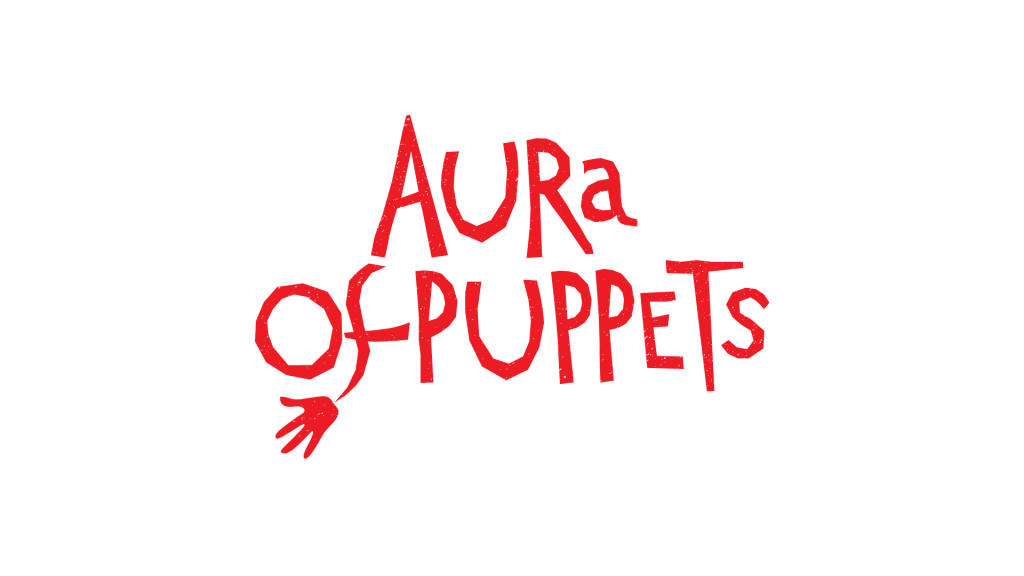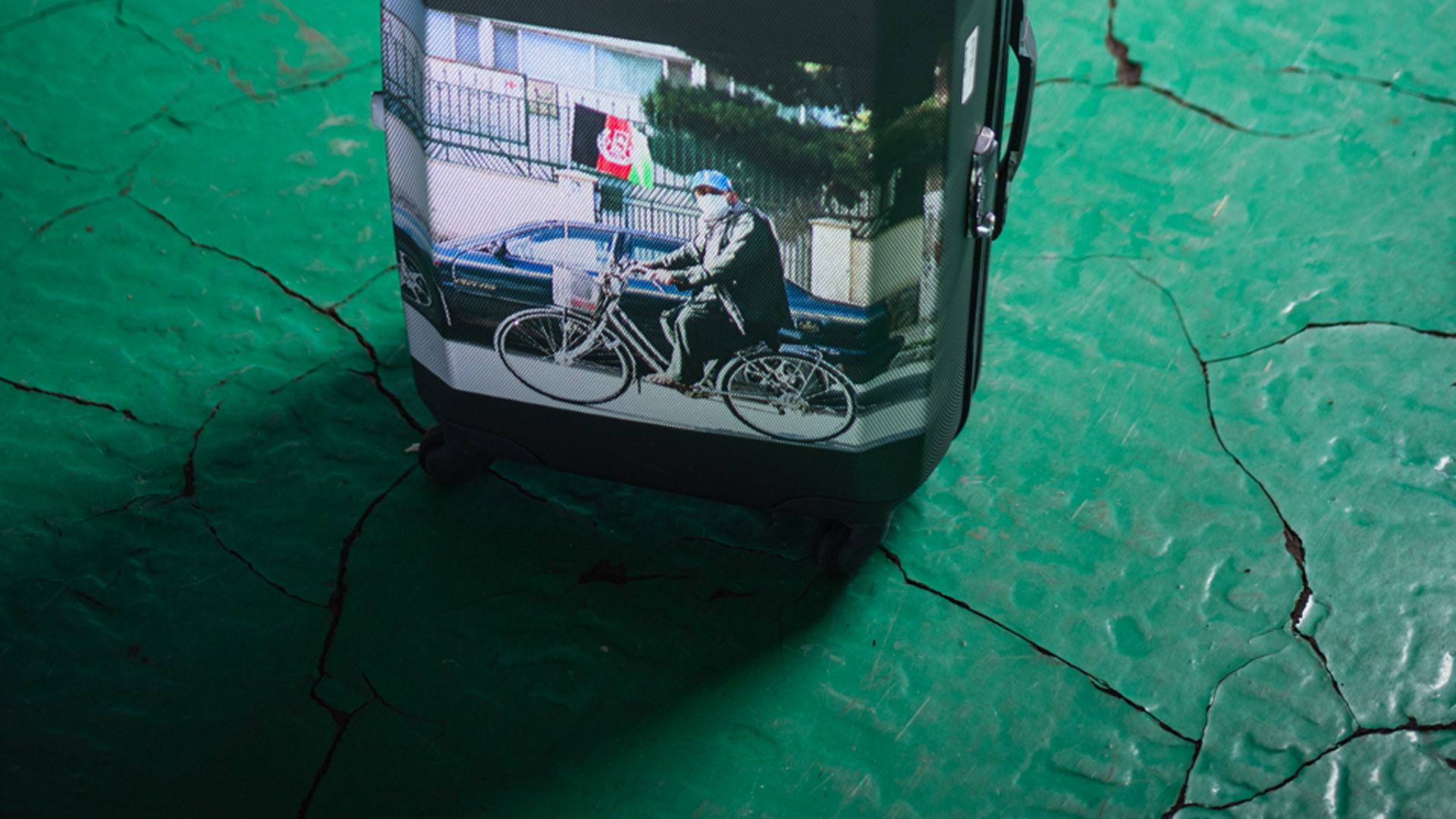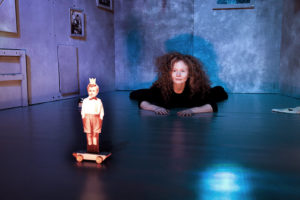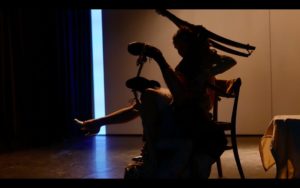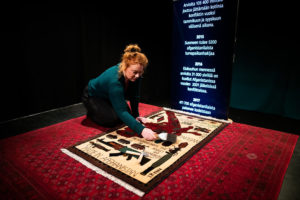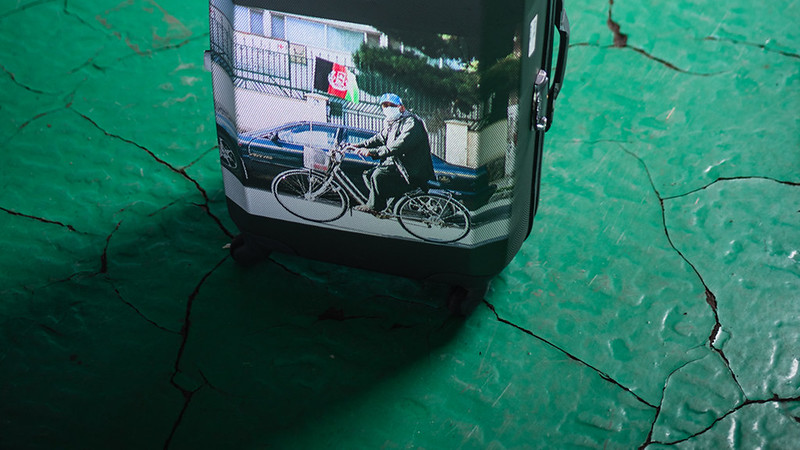
“You know it’s in Finnish, right?” – Yes, I knew language would probably provide some sort of barrier when visiting the performance Afghanistan 100 at the TIP Festival in Turku, but as an exchange student, I feel it would have been a totally wrong approach to my host country if I avoided this cultural event because of the language. Besides – the wonderful thing with all kinds of art and particularly all kinds of theatre is that you gain an understanding through more than words. Additionally, with an internationally known – as far as an outsider can speak of known – topic being discussed, some previously gained background knowledge supports as well. And after seeing Afghanistan 100 I can say, it was great – it was of course nice and helpful to have had a few English sequences as well but – how great must it have been with having no language barrier at all?
Every time I visit performances done by one actor alone, I am again and again amazed how little this is a barrier, moreover how much is possible with – in this case – one person, video-interviews and a few simple requisites. There were quite a few powerful images created. To name a few:
The actress was able to create a really powerful atmosphere from the beginning, lying rolled up in a red rug one could interpret to be of oriental/Afghan origin and to a slightly suspenseful wind-like sound slowly rolling herself – and with her the rug – out – as in rolling out the red carpet to a premiere -ready to show different perspectives on the Afghanistan conflict. What was probably just naturally created but I felt was also very powerful in this scene was the screen in the back of the stage (for showing videos later), still black but reflecting through the decent light on the stage as if this should stress what the upcoming performance should be about – reflecting.
What clearly stood out – maybe also by being presented in English but also with some common knowledge of the almost 20-year-old history of the Afghanistan conflict – was the more than difficult relationship with the United States of America and just how misunderstood Afghanistan is by them.
One scene for example showed an American woman in roundabout her mid-forties presenting an “original rug from Afghanistan” on her own online-video-channel. The rug according to her was so outstanding and original since it showed a map of Afghanistan in red with all the weaponry used in the war – from hand grenades to tanks. Apart from the US’ special relationship with gun laws, this clearly depicted – and was also referred to in an interview later – just how the US sees Afghanistan: no history apart from the one of the last nearly 20 years of war and despite the latter not as dramatic since according to the current US-president “if we wanted it to be, Afghanistan could be done in ten days”.
Building up on the notion of the latter, another powerful scene was when the actress, most of the time on socks, got into some black heels and spoke as a Western feminist somehow showing understanding for the struggle of particularly the women of Afghanistan but then again stressing how she had the same struggle and not everything could just simply be handed over without any sacrifice. It seems this really happened in a book or article and went through social media as far as I understood, naturally accompanied by protest and anger among a lot of Afghan women.
Speaking of the media and requisites used in this performance, it was remarkable to see what a few hard-plastic suitcases could achieve. When showing scenes from the daily life in Afghanistan, projected onto the stage, so not as clearly visible for the audience, a suitcase pulled into this area and tilted towards the audience could highlight different aspects of the shown bigger picture.
I was really impressed by the performance and the main message told in one of the main interviews in English and later repeated by the actress in Finnish – which I understood despite the language barrier. The war in Afghanistan can be seen as a symbol – we are not talking about an Afghan problem, we are talking about a global one. Wars start because of imbalances around the world -luckily, we now have a younger generation standing up for awareness of climate change – but there is still a lot of work to be done – and it has to be done together.
written by Lara, 09.11.2019
